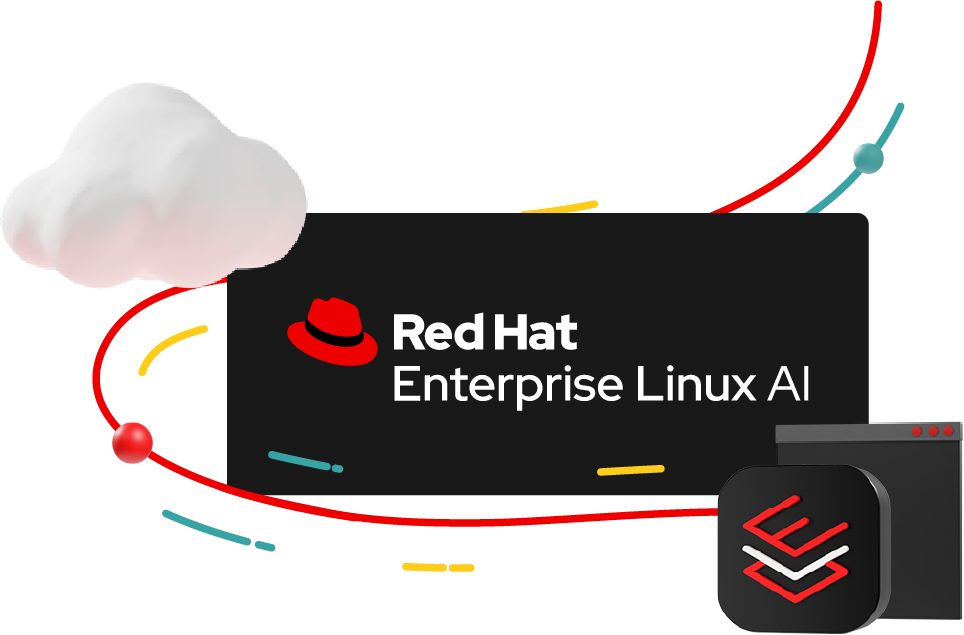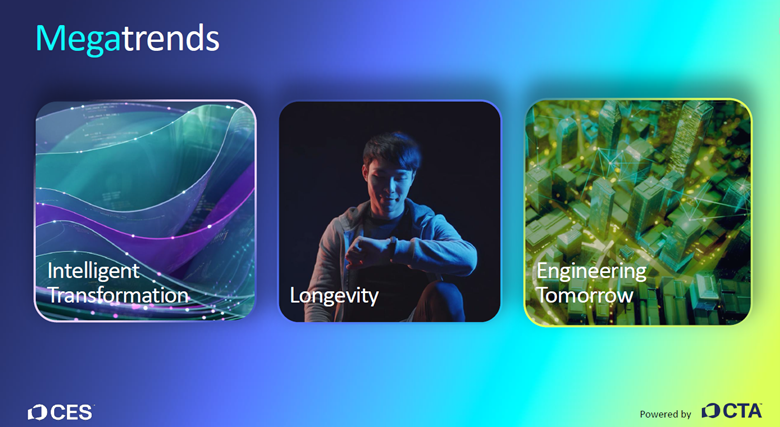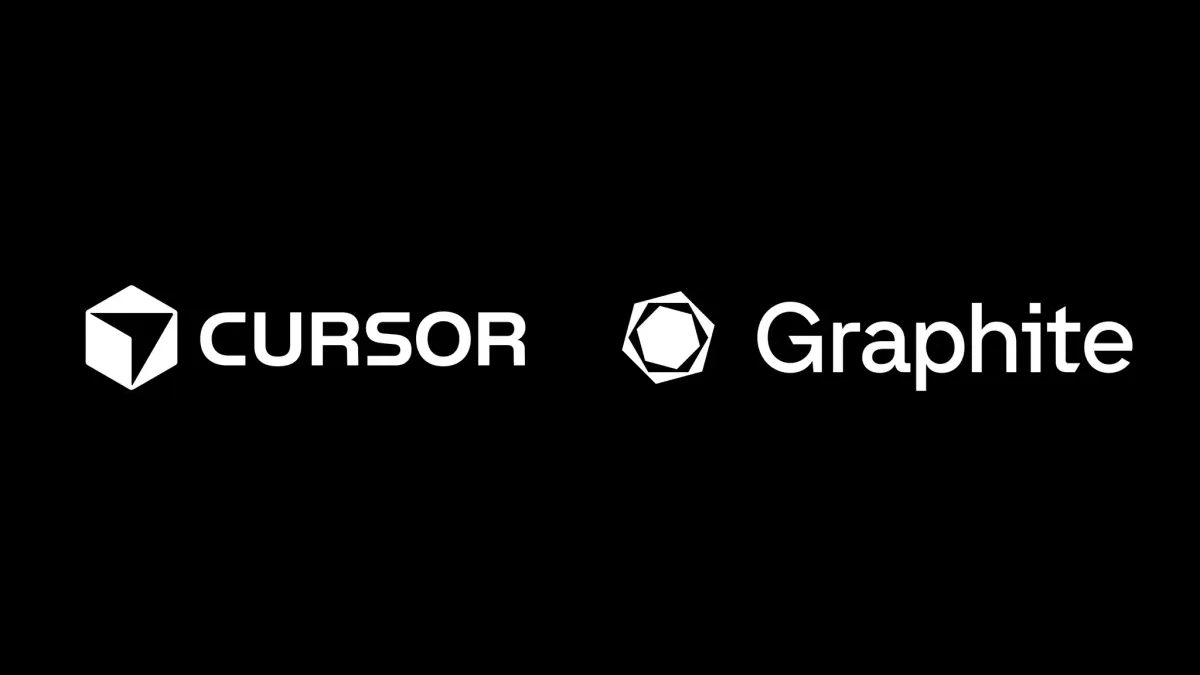The recently launched Red Hat Enterprise Linux AI (RHEL AI) is a platform for developing, testing, and deploying generative AI models. RHEL AI combines IBM Research's open-source Granite large language models, the InstructLab model alignment tools based on the LAB methodology, and a community approach to model development through the InstructLab project. The platform is available as a bootable RHEL image for individual server deployments and as part of OpenShift AI, Red Hat's machine-learning operations platform for distributed cluster environments.
The RHEL AI launch aims to lower barriers to enterprise adoption of generative AI solutions, including limited data science skills, high costs of AI implementation, and the complexity of tuning models for specific use cases. In particular, the qualities of truly open-source projects —accessibility and reusability free of charge, transparency, and openness to contributions— are the key drivers of the mission to reach everyone working on AI initiatives who is also interested in avoiding unmanageable costs. To further reduce costs, RHEL AI relies on IBM Research's Large-scale Alignment for chatBots (LAB) technique, which reduces the dependence on costly human annotations and proprietary models and trades them for taxonomy-guided synthetic data generation and a novel multi-phase tuning framework. RHEL AI is available as a developer preview and IBM Cloud will add RHEL AI and OpenShift AI support so users can leverage IBM Cloud's GPU infrastructure.
As a complement to RHEL AI, Red Hat announced the launch of Podman AI Lab, a Podman Desktop extension that empowers developers to build, test, and run containerized generative artificial intelligence (GenAI)-powered applications through an intuitive graphical interface in their workstations. Podman AI Lab is Red Hat's proposal to democratize generative AI by providing a familiar, easy-to-use tool and playground environment to apply AI models to code and workflows locally without costly infrastructure or extensive expertise.
Podman AI Lab features a recipe catalog with sample AI-powered applications like chatbots, text summarizers, code generators, object detection, and audio transcription. These recipes provide references for developers interested in reviewing how the applications are built and learning best practices to integrate their code with an AI model. Similar to how containers have enabled developers to construct and test traditional applications without concern for conflicts or compatibility issues, containers allow developers to set up provisional inference servers that facilitate running a model locally, setting an endpoint, and experimenting with the features that will be built on top of the model. The included playground environment further eases prototyping and experimentation assisted by a user prompt that helps developers refine their models and settings selections.
Podman AI Lab extends the capabilities of Podman Desktop, a Red Hat open-source project with over a million downloads. Podman AI Lab is compatible with image mode for Red Hat Enterprise Linux, a new deployment method that delivers the operating system as a container image. With this integration, developers can go from prototyping to turning their AI-powered application into a distributable container that can be run anywhere on the hybrid cloud using Red Hat OpenShift.





Comments